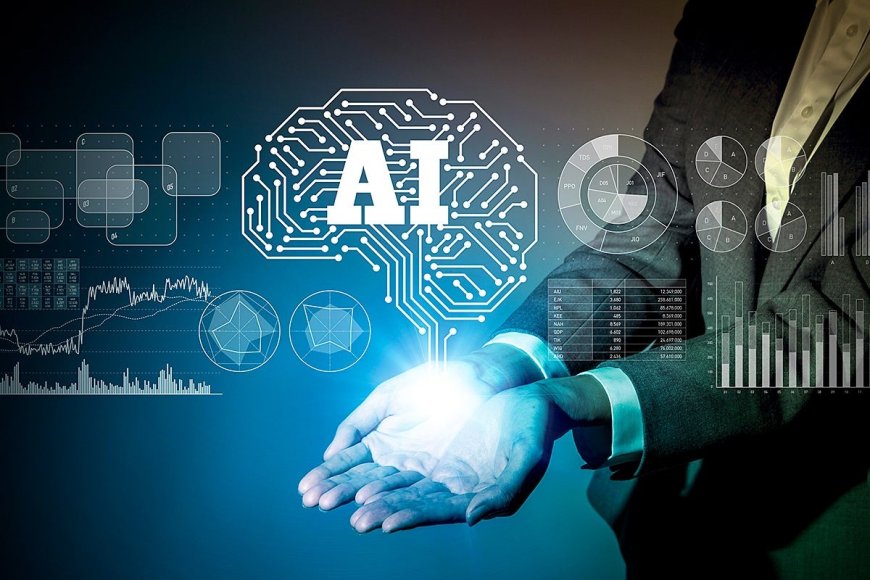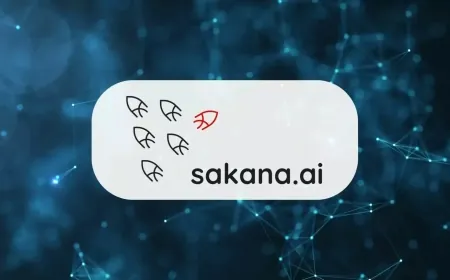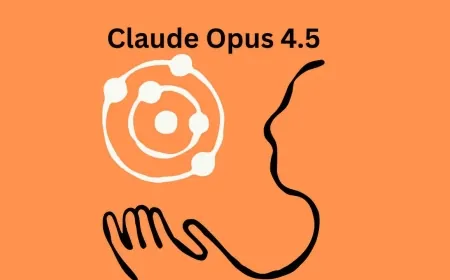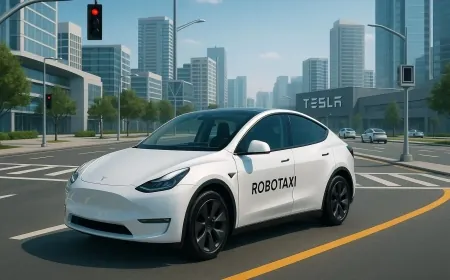Know the Secrets of AI: Your Essential Guide to Understanding Artificial Intelligence
Demystifying AI: Your Ultimate Guide to Artificial Intelligence and Its Impact. Learn about the power of AI, its implications, and how it's shaping our future. Stay informed and embrace the potential of this transformative technology.

Artificial intelligence (AI) has become the talk of the town, captivating the attention of business executives, educators, and even artists like Drake. With the rapid integration of AI tools into billions of products, its impact on the way we work, shop, create, and communicate is undeniable.
Advocates of AI highlight its potential to revolutionize productivity, ushering in an era of improved jobs, education, and medical treatments. However, skeptics express concerns about the technology's impact on employment, potential misinformation, and even existential risks to humanity. Surprisingly, some Silicon Valley executives hold contradictory views on AI.
While the future of AI may seem uncertain, one thing is clear: it is here to stay and evolving rapidly. To help you stay informed, here's everything you need to know about AI.
What is AI?
Contrary to popular belief, AI is not a malevolent force seeking to overthrow humanity. In the tech industry, AI refers to a broad term encompassing various tools trained to perform complex tasks that previously required human intervention.
AI powers the services we use daily, such as data sorting, content filtering, and personalized recommendations. It enables platforms like Netflix to suggest movies, removes spam and hate speech from social media feeds, and facilitates features like autocorrect and facial recognition. Furthermore, AI plays a significant role in solving real-world problems, including traffic management and medical image analysis.
Why is AI a hot topic now? The answer is ChatGPT.
ChatGPT, a viral chatbot launched in November, thrust AI into the spotlight. OpenAI's creation allowed users to draft legal documents, write song lyrics, and produce research paper abstracts that even fooled scientists. The tool's success triggered intense competition among tech giants like Microsoft, Google, Meta, Amazon, and Alibaba, who are now developing their own generative AI tools.
The widespread adoption of cutting-edge AI technology is unprecedented. Businesses, educators, and lawmakers are scrambling to adapt to this rapidly evolving landscape.
How does generative AI work?
Generative AI enables tools to generate written content, images, and audio in response to user prompts. Tech companies have developed large language models trained on vast amounts of data to achieve this feat. These models employ deep learning techniques to identify patterns and relationships between words, enabling them to provide relevant responses.
Generative AI vs. AGI
Generative AI services excel at pattern matching, mimicking existing content or predicting relevant words based on their training data. On the other hand, artificial general intelligence (AGI) aims to replicate human-like learning, reasoning, and adaptability. While AGI remains theoretical for now, generative AI has already made significant advancements.
Separating hype from reality
Whenever a technology receives significant attention, skepticism is warranted. AI's current hype cycle has impacted markets, despite uncertainties in the global economy.
While not all AI tools are equally useful, they have already demonstrated the potential to enhance productivity across various domains. For example, AI chatbots have assisted real estate agents in writing property listings and performing complex calculations, saving them hours of work.
AI and employment
AI's impact on jobs lies somewhere between eliminating and improving them. Implementing and managing AI tools will require a workforce skilled in data analysis, machine learning, and cybersecurity. The World Economic Forum predicts a 30% average growth in these job roles by 2027. However, AI adoption may also lead to the potential loss of administrative roles.
AI and its risks
Top AI executives have expressed concerns about far-reaching consequences, including human extinction. While doomsday scenarios capture attention, the immediate risks of AI include spreading misinformation, perpetuating biases, and enabling discrimination. Deepfakes, misinformation campaigns, and biased facial recognition systems serve as examples of these risks.
The road ahead for AI
Regulators in the United States and Europe are seeking to establish legislation to address AI's ethical concerns. However, keeping pace with AI's rapid advancements remains a challenge.
In the near future, generative AI will continue to evolve, creating even more realistic content and personalized experiences. OpenAI's GPT-4, the next-generation version powering ChatGPT, promises enhanced capabilities, including detailed written responses, impressive academic performance, and website creation from hand-drawn sketches.
As AI becomes increasingly integrated into our lives, it is crucial for companies and individuals to acknowledge the associated risks and address concerns responsibly.
In conclusion, AI holds transformative potential. By staying informed and embracing responsible AI practices, we can navigate the evolving AI landscape and leverage its benefits while mitigating potential risks.
Also Read: Unveiling the Future: Neuralink's Quest to Enable Mind-Controlled Computers
































































